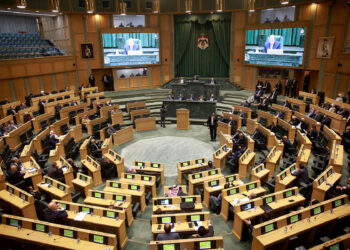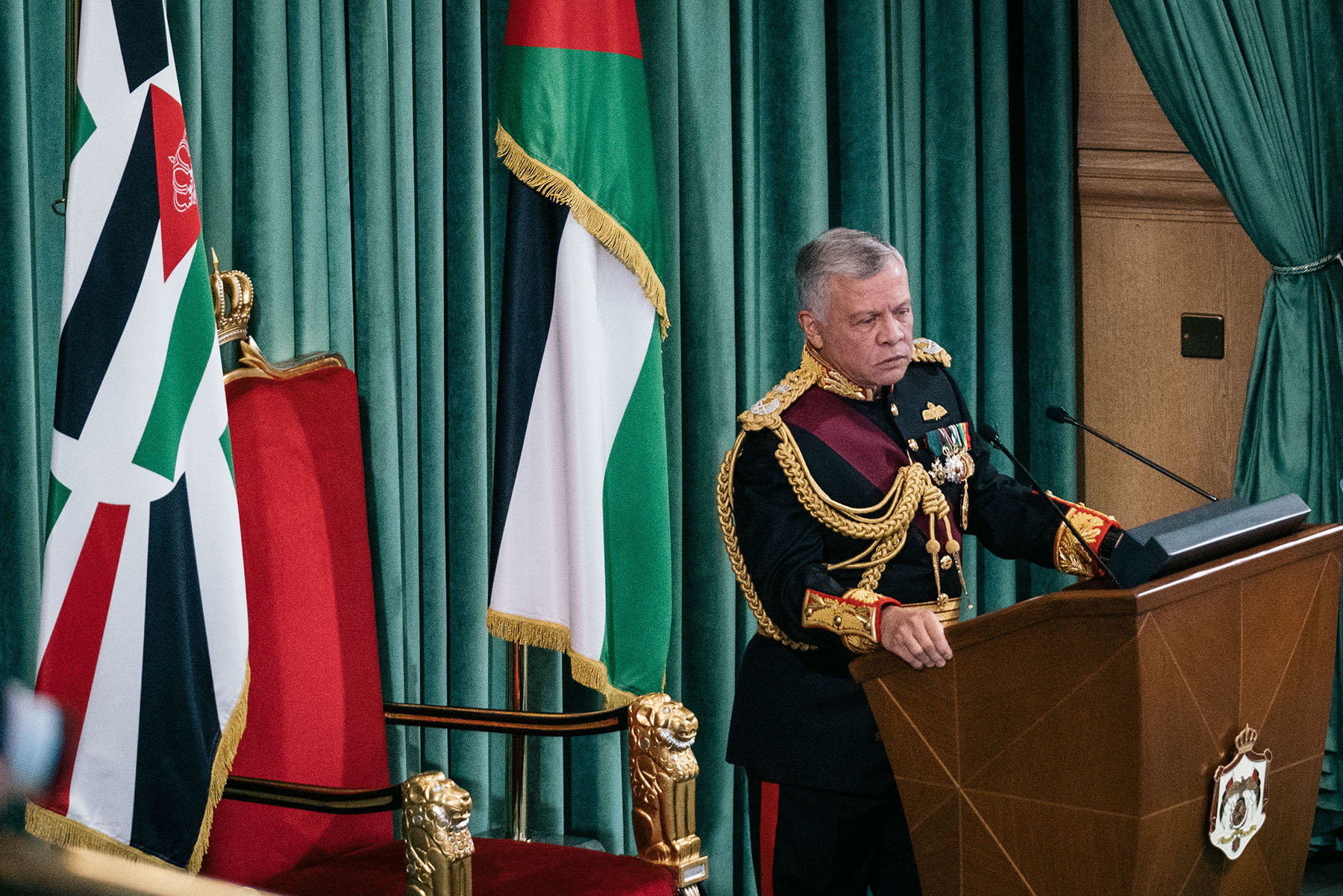Saudi Arabia, along with China, Iran and Egypt, top the list of the countries in terms of the number of executions according to statistics published in recent years. However, the sudden decrease in the number of executions in 2020 is interesting.
Saudi Arabia executed 27 people, including 4 people who were sentenced to discretionary death penalty (Ta'zeer) at the beginning of 2020, where the last discretionary death penalty was carried out on January 14, 2020. The rest of the executions are death sentences related to hudud and retribution (Qisas).
In Saudi Arabia, the death penalty is divided into different types: hudud, retribution, and discretionary sentences.
Hudud and retribution are specifically defined penalties in the Islamic Sharia. However, discretionary death penalty is a disciplinary punishment that depends on the discretion of the judge. It is applied in cases where the Islamic Sharia does not provide specific punishments.
Discretionary death penalty is the most common among implemented executions in Saudi Arabia, and it is all too often abused by judges, who impose the penalty in a manner not proportionate to the alleged crime. We have witnessed many executions in cases that are not among the most serious crimes, but the rulings were based on political motives with no regard to justice, such as executions of political opponents, including the Shiite cleric Nimr al-Nimr, who was executed, along with 46 other people, including four minors, in early January 2016 for their criticism of the government.
The Saudi government has also executed many minors and adults for their participation in the demonstrations that broke out during the Arab Spring in 2011. The Public Prosecutor continues to demand the death penalty against many defendants for reasons related to their political and intellectual opinions, statements, and positions, with no charges related to violence.
We see this clearly in the trial of cleric Salman Alodah, researcher Hassan Farhan al-Maliki and others where the prosecution insists on discretionary death penalty against them. These trials are brought before the Specialized Criminal Court, a court specialized in terrorism and state security cases.
On Monday, January 18, 2021, the Saudi Human Rights Commission issued a statement about the decrease in the number of executions in Saudi Arabia. The statement, however, talks about ending executions in a certain part of discretionary death penalty – cases involving drugs and juvelines only — but not all cases, meaning that the danger of abuses continues.
It is worth mentioning that no new legislation or amendment has been issued in the Law on Combating Narcotic Drugs and Psychotropic Substances. The law still provides for executing those convicted in these cases. However, executions in these cases have been suspended in 2020.
This shows the ambiguity and lack of transparency in the Saudi judiciary and its procedures and also shows the contradictory laws on paper and in practice. This also shows that the judiciary is not independent, and it relies on the political mood. Yes, it is a desired step to reduce the number of executions, and we hope executions are further reduced after many years of excessive use, but we want this to be in a legal, disciplined, lawful manner and not in a moody and random way. Society has suffered from the government's exploitation of discretionary death penalty to spread terror among people, silence voices, and deprive citizens of their rights. The day must come when this brutal punishment is stopped. The Saudi government exploits the judicial authorities and employs the judges' discretion to get rid of its political opponents.
The second section of the Human Rights Commission's statement covers minors. This is a clear admission by the Saudi authorities that they used to execute minors, even though they were constantly denying this in international forums. However, it is regrettable that the suspension on death penalty for minors doesn't apply to discretionary death penalty, meaning that they can continue to be executed in cases of retribution and hudud.
While many are convinced that the Saudi judiciary is not just and fair, at the very least, it is important to end death sentences because human lives should not be left for mistakes and penalties must be codified.
It is ironic that the statement of the Saudi Human Rights Commission was issued in English and posted in its English Twitter account, and no statement was issued in Arabic, although the concerned parties mostly speak Arabic. This is an indication of the government's disregard for the popular position and the opinion of the citizens.
The Saudi government is, in the first place, interested in flirting with the West. In fact, it does not matter if it wants to flirt with the West or polish its image. What matters more is that the government truly adheres, without circumvention, to a complete end of the discretionary death penalty in all cases. The government must immediately end all sentences of the discretionary death penalty without exceptions and without deception and circumvention.
***
Photo: RIYADH, SAUDI ARABIA: Newly-appointed Saudi King Abdullah greets people in Riyadh 03 August 2005. Abdullah vowed to work for justice and serve his people in his first address to the nation after succeeding his late half-brother king Fahd. "I pledge to God, and then I pledge to you that I take the Koran as my constitution, Islam as my programme and to work for justice and serve all citizens without discrimination," he said on state television. AFP PHOTO/HASSAN AMMAR (Photo credit should read HASSAN AMMAR/AFP via Getty Images)
































![Security forces loyal to the interim Syrian government stand guard at a checkpoint previously held by supporters of deposed president Bashar al-Assad, in the town of Hmeimim, in the coastal province of Latakia, on March 11, 2025. Syria's new authorities announced on March 10, the end of an operation against loyalists of deposed president Bashar al-Assad, after a war monitor reported more than 1,000 civilians killed in the worst violence since his overthrow. The Syrian Observatory for Human Rights said the overwhelming majority of the 1,068 civilians killed since March 6, were members of the Alawite minority who were executed by the security forces or allied groups. (Photo by OMAR HAJ KADOUR / AFP) / “The erroneous mention[s] appearing in the metadata of this photo by OMAR HAJ KADOUR has been modified in AFP systems in the following manner: [Hmeimim] instead of [Ayn Shiqaq]. Please immediately remove the erroneous mention[s] from all your online services and delete it (them) from your servers. If you have been authorized by AFP to distribute it (them) to third parties, please ensure that the same actions are carried out by them. Failure to promptly comply with these instructions will entail liability on your part for any continued or post notification usage. Therefore we thank you very much for all your attention and prompt action. We are sorry for the inconvenience this notification may cause and remain at your disposal for any further information you may require.”](https://dawnmena.org/wp-content/uploads/2025/04/syria-22039885951-360x180.jpg)






